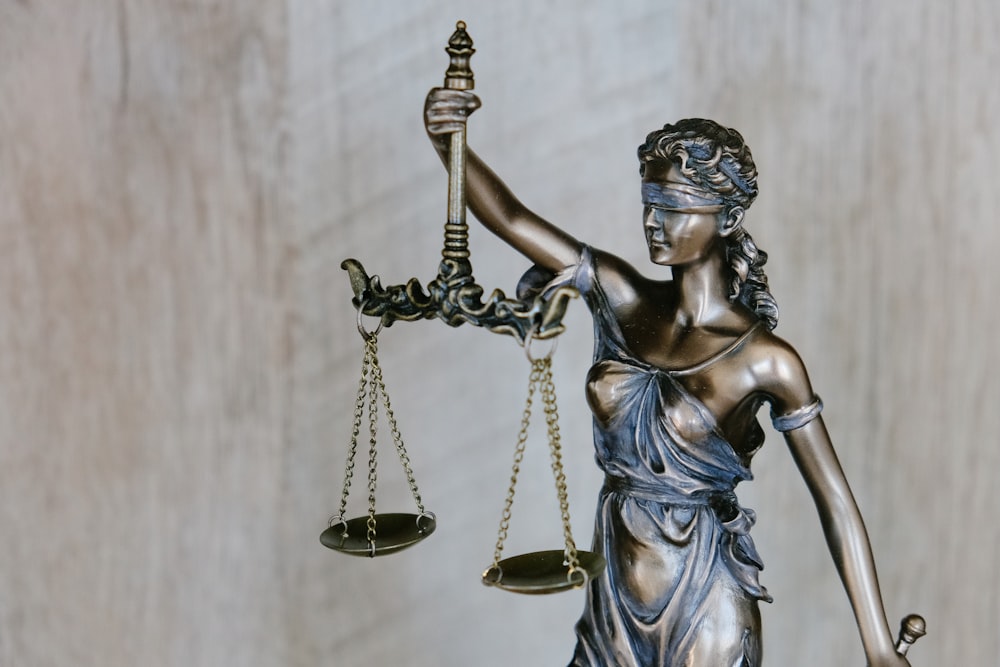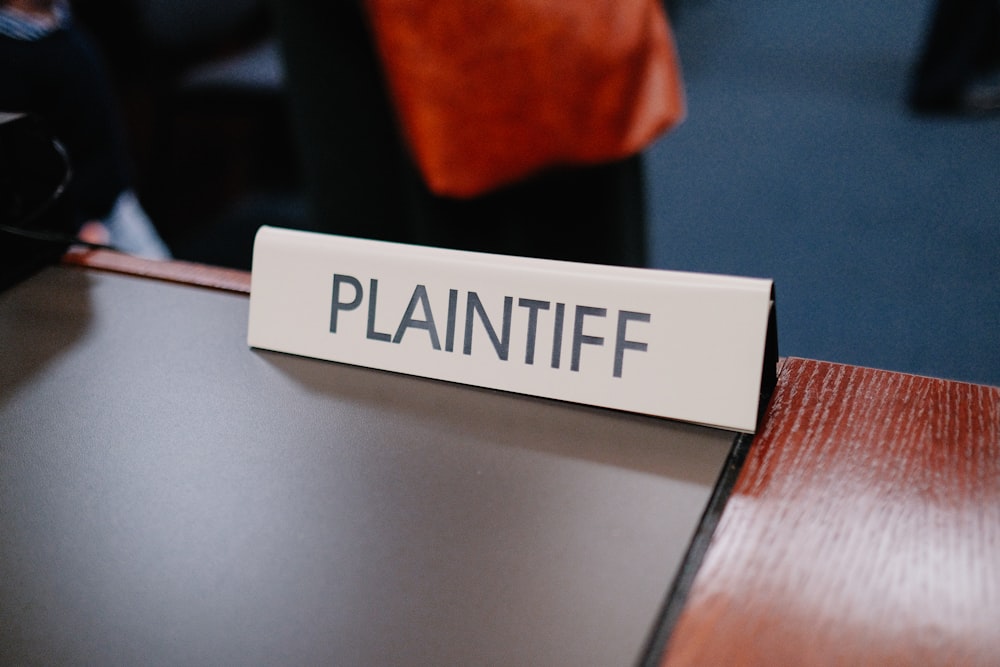Holding Corporations Accountable Civil Lawsuits Unveiled
Unveiling Civil Lawsuits Against Corporations
Introduction:
In recent years, civil lawsuits against corporations have become increasingly prevalent as individuals and groups seek accountability for alleged wrongdoing. These lawsuits, often filed by consumers, employees, shareholders, or regulatory agencies, aim to hold corporations accountable for a variety of issues, ranging from product defects to environmental violations. In this article, we delve into the dynamics of civil lawsuits against corporations and explore the implications for both businesses and society.
The Rise of Civil Lawsuits:
Civil lawsuits against corporations have seen a significant rise in recent decades, driven by various factors such as increased awareness of consumer rights, regulatory scrutiny, and heightened public consciousness around corporate accountability. With the advent of social media and digital activism, individuals and advocacy groups have found new avenues to raise awareness about corporate wrongdoing and mobilize support for legal action.
Types of Civil Lawsuits:
Civil lawsuits against corporations can take many forms, including product liability claims, personal injury lawsuits, employment discrimination cases, environmental lawsuits, and securities fraud litigation, among others. These lawsuits may involve allegations of negligence, breach of contract, fraud, or violations of consumer protection and labor laws. Regardless of the specific nature of the claims, civil lawsuits seek to hold corporations accountable for their actions and obtain compensation for those harmed.
Challenges in Holding Corporations Accountable:
While civil lawsuits offer a mechanism for holding corporations accountable, they also present various challenges for plaintiffs, including the high costs of litigation, complex legal processes, and the resources and expertise often wielded by corporate defendants. Additionally, corporations may employ legal tactics such as settlement agreements, appeals, and aggressive litigation strategies to delay or avoid liability, further complicating efforts to hold them accountable.
Corporate Responses to Civil Lawsuits:
In response to civil lawsuits, corporations typically deploy teams of skilled attorneys and legal experts to defend their interests and mitigate potential damages. These defense strategies may include challenging the legal validity of the claims, disputing the evidence presented, and seeking to negotiate settlements or dismissals out of court. Corporations may also implement internal reforms or adopt public relations strategies to manage reputational damage stemming from the lawsuits.
The Role of Regulatory Agencies:
In addition to civil lawsuits initiated by private parties, corporations may also face legal action from regulatory agencies tasked with enforcing laws and regulations governing corporate conduct. These agencies, such as the Securities and Exchange Commission (SEC), the Environmental Protection Agency (EPA), and the Consumer Financial Protection Bureau (CFPB), have the authority to investigate alleged violations, impose fines and penalties, and pursue civil enforcement actions against corporations found to be in violation of the law.
Implications for Businesses and Society:
Civil lawsuits against corporations have far-reaching implications for both businesses and society at large. For businesses, the prospect of litigation poses financial risks, reputational damage, and potential disruptions to operations. Moreover, legal disputes can divert resources away from core business activities and erode shareholder value. For society, civil lawsuits serve as a mechanism for accountability, deterrence, and redress, helping to safeguard consumer rights, promote corporate transparency, and uphold the rule of law.
Conclusion:
Civil lawsuits against corporations play a vital role in holding businesses accountable for their actions and addressing alleged wrongdoing. While these lawsuits present challenges for plaintiffs and defendants alike, they serve as a critical tool for seeking justice, protecting consumer rights, and promoting corporate responsibility. As civil litigation continues to evolve in response to changing social, economic, and technological trends, it remains an essential mechanism for upholding accountability and fostering a fair and just society. Read more about civil lawsuits against businesses













